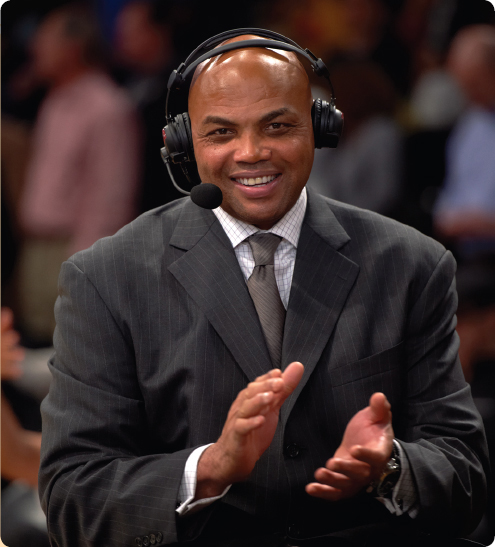Faulty Reasoning: Logical Fallacies
A critical thinker has an attitude—of wanting to avoid nonsense, find the truth, and discover the best action—and it’s an attitude that rejects intuiting what is right in favor of requiring reasons. Instead of being defensive or emotional, critical thinkers aim to be logical. Although logical reasoning is essential to solving any problem, whether simple or complex, you need to go one step further to make sure that an argument hasn’t been compromised by faulty reasoning. Here are some of the most common missteps, referred to as logical fallacies, that people make in their use of logic:
- Attacking the person. It’s perfectly acceptable to argue against other people’s positions or to attack their arguments. It is not OK, however, to go after their personalities. Any argument that resorts to personal attack (“Why should we believe a cheater?”) is unworthy of consideration.
- Begging. “Please, officer, don’t give me a ticket because if you do, I’ll lose my license, and I have five little children to feed and won’t be able to feed them if I can’t drive my truck.” None of the driver’s statements offers any evidence, in any legal sense, as to why she shouldn’t be given a ticket. Pleading might work if the officer is feeling generous, but an appeal to facts and reason would be more effective: “I fed the meter, but it didn’t register the coins. Because the machine is broken, I’m sure you’ll agree that I don’t deserve a ticket.”
- Slippery-slope arguments. “If we allow tuition to increase, the next thing we know it will be $20,000 a term.” Such an argument is an example of “slippery-slope” thinking.
- Appealing to false authority: Citing authorities, such as experts in a field or qualified researchers, can offer valuable support for an argument, but a claim based on the authority of someone whose expertise is questionable relies only on the appearance of authority rather than on real evidence.
- Jumping on a bandwagon. Sometimes we are more likely to believe something that many others also believe. Even the most widely accepted truths can turn out to be wrong, however. At one time, nearly everyone believed that the world was flat, until someone came up with evidence to the contrary.
- Assuming something is true because it hasn’t been proven false. If you go to a bookstore or online, you’ll find dozens of books detailing close encounters with flying saucers and extraterrestrial beings. These books describe the person who had the close encounter as beyond reproach in integrity and sanity. Because critics could not disprove the claims of the witnesses, the events are said to have actually occurred. Even in science, few things are ever proved completely false, but evidence can be discredited.
- Falling victim to false cause. Frequently, we make the assumption that just because one event followed another, the first event must have caused the second. This reasoning is the basis for many superstitions. The ancient Chinese once believed that they could make the sun reappear after an eclipse by striking a large gong because they knew that the sun had reappeared on one such occasion after a large gong had been struck. Most effects, however, are usually the result of a complex web of causes. Don’t be satisfied with easy before-and-after claims; they are rarely correct.
YOUR TURN
Write and Reflect
Have you ever used any of these fallacies to justify decisions you have made? Why was it wrong to do so? Discuss your experiences in a journal entry.
- Making hasty generalizations. If someone selected one green marble from a barrel containing one hundred marbles, you wouldn’t assume that the next marble would be green. After all, ninety-nine marbles are still in the barrel, and you know nothing about the colors of those marbles. Given fifty draws from the barrel, however, each of which produced a green marble after the barrel had been shaken thoroughly, you would be more willing to conclude that the next marble drawn would be green, too. Reaching a conclusion based on the opinion of one source is like figuring that all the marbles in the barrel are green after pulling out only one.
IN THE MEDIA

In The Media
Another misstep in the use of logic is appealing to false authority. Citing authorities, such as experts in a field or the opinions of qualified researchers, can offer valuable support for an argument, but a claim based on the authority of someone whose expertise is questionable relies on the appearance of authority rather than on real evidence. We see this type of logical fallacy all the time in advertising.
For Reflection: How effective do you think retired professional basketball player Charles Barkley is as a Weight Watchers spokesperson? What makes him believable? What examples can you think of where a celebrity is viewed as an authority but whose expertise is questionable?
Such fallacies can slip into even the most careful reasoning. One false claim can derail an entire argument, so look out for weak logic in what you read and write. Remember that accurate reasoning is a key factor for success in college and in life.